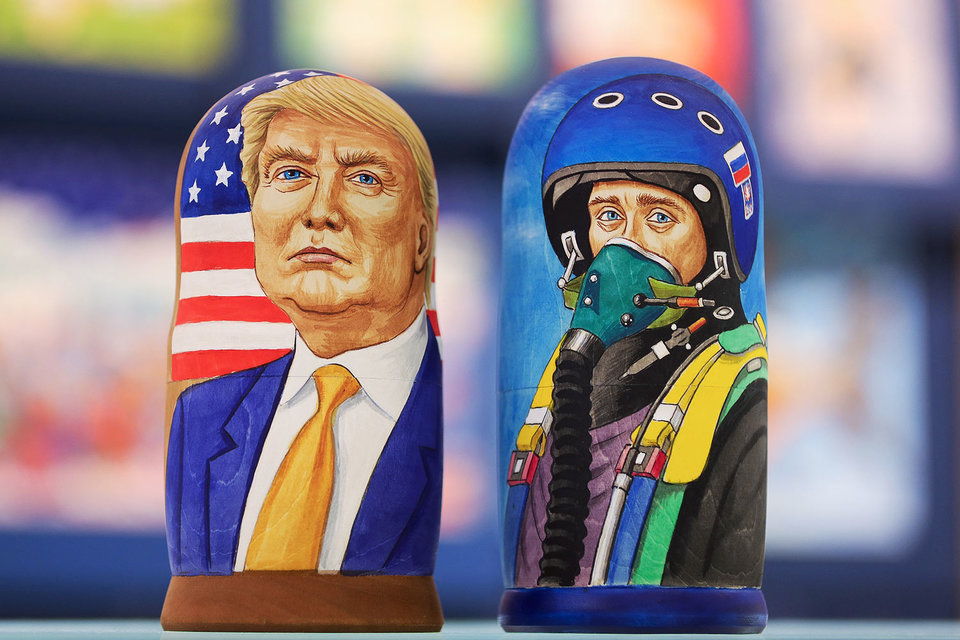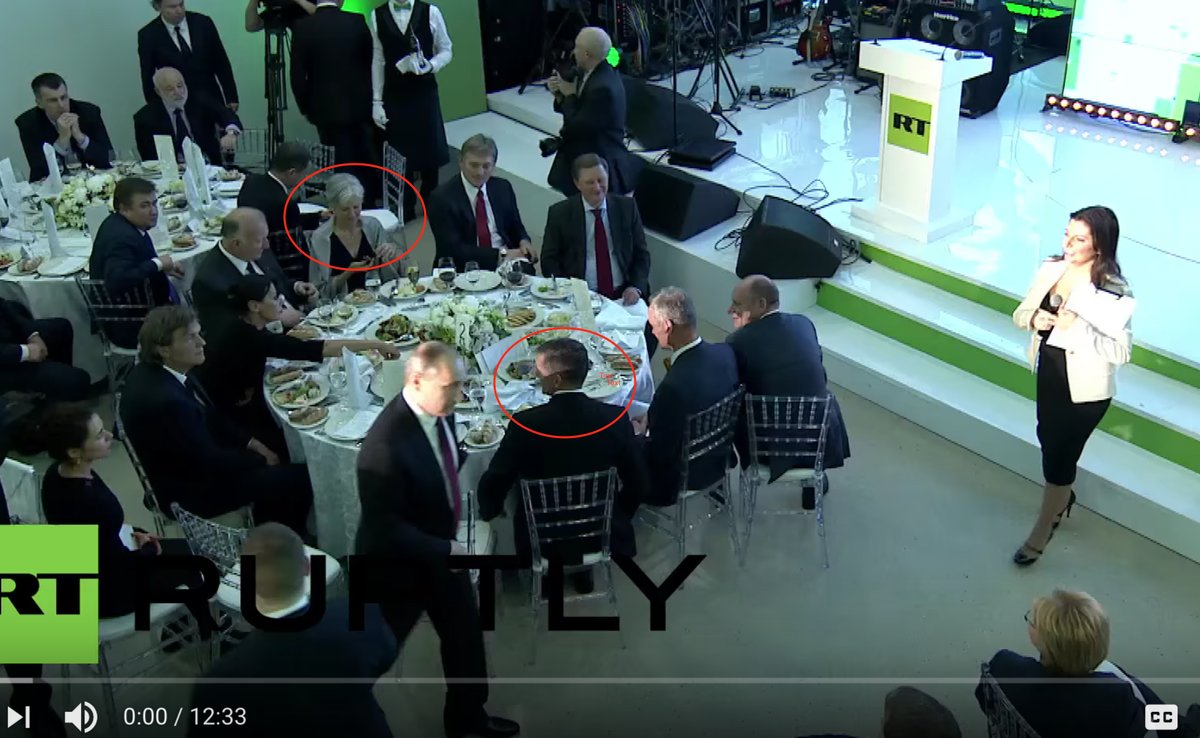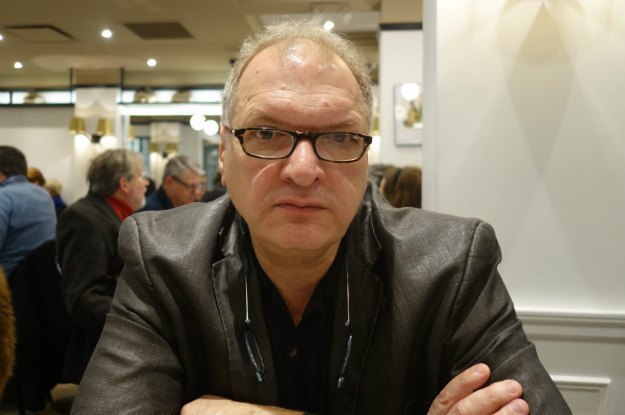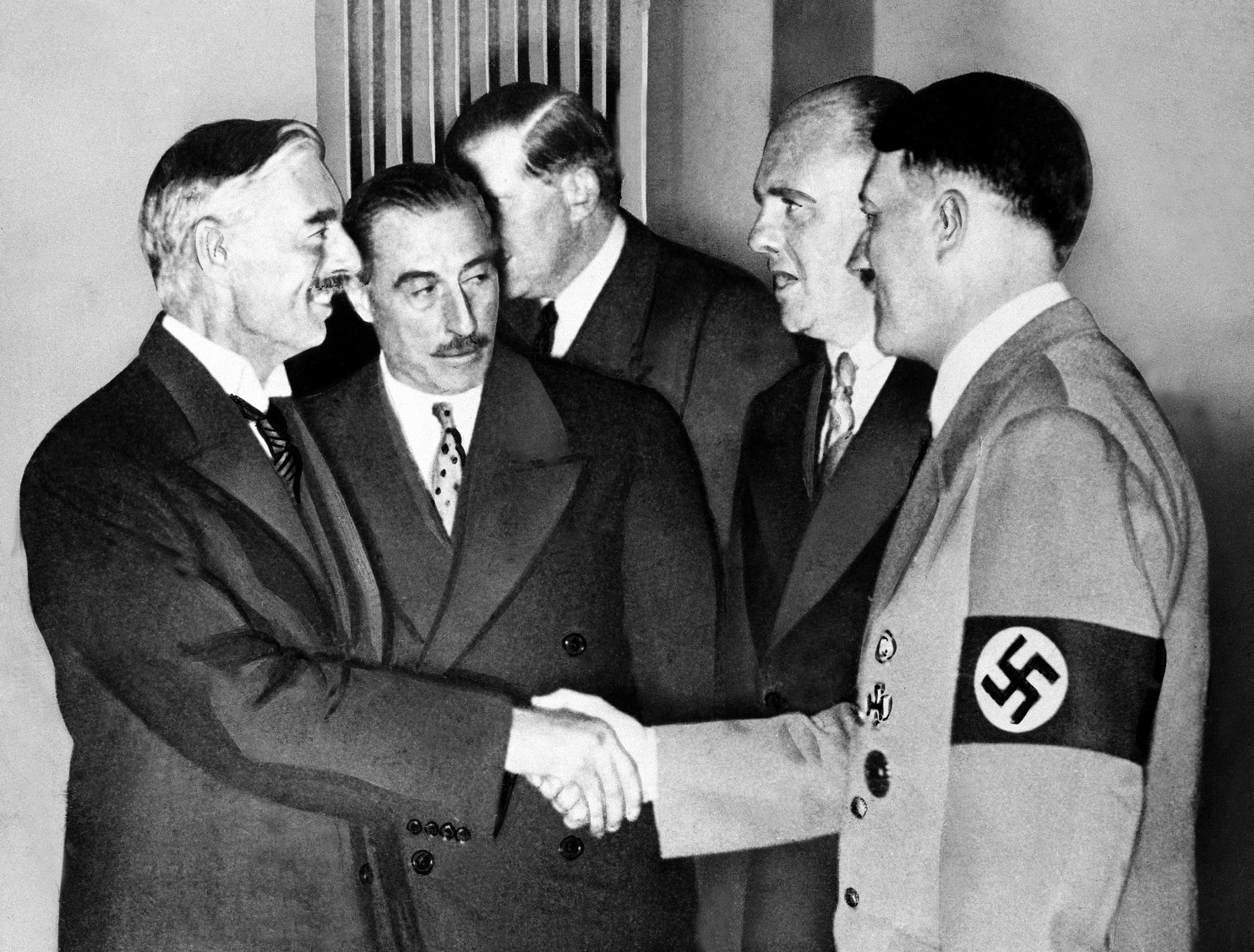On 7 April, the United States, for the first time since the beginning of the Syria war, hit the positions of the government army in Syria. The subsequent visit by US Secretary of State Tillerson to Moscow did not relieve the tension in relations with Russia. Moreover, the USA then dropped a bomb in Afghanistan and started military maneuvers around North Korea.
Do these incidents mean that relations between Trump and Putin are spoilt irretrievably? Is there indeed an informal agreement between the leaders of the two countries? And if so, what could it be?
The Russian-American historian, publicist and co-author of the book entitled "Blowing Up Russia" (written together with Aleksandr Litvinenko), Yuri Felshtinsky, answered these questions in an interview with Kseniya Kirillova, which we are republishing from LB.ua.


Related:
- ‘Trump has betrayed Russia to escape impeachment’ and other neglected Russian stories
- “Syrian strikes transform Trump from ‘ours’ to ‘another Hillary’”and other neglected Russian stories
- Trump’s Russian connections and the “Cold War” inside the USA
- “Kremlin views Trump as ‘stupid, un-strategic, and manipulable,'” and other neglected Russian stories
- Conservatism takes a hit under Trump
- Putin, like Trump, being pressed to take harder line abroad to shore up his own position, Piontkovsky says
- The nuclear fallout of Trump’s possible détente with Putin
- Moscow doesn’t expect Trump to end sanctions all at once but ‘cleverly’ over time, Markov says
- Putin is attacking in Ukraine precisely to boost chances for ‘Big Deal’ with Trump





